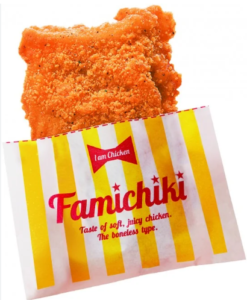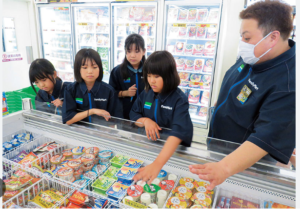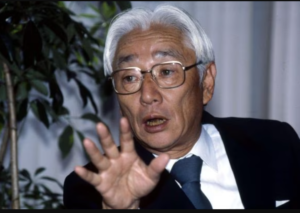The Japanese convenience store industry is attracting worldwide attention for its services that meet sophisticated customer needs and its wide product lineup. According to 2023 data, industry sales amount to trillions of yen and are still growing.
Top 5 convenience store sales in Japan
| Rank | Company | Brand | Store Count | Sales (Billion Yen) |
|---|---|---|---|---|
| 1 | Seven & i Holdings | Seven-Eleven | 21,909 | 3,867,000 |
| 2 | FamilyMart Co., Ltd. | FamilyMart | 16,590 | 1,833,000 |
| 3 | Lawson, Inc. | Lawson | 14,176 | 1,255,000 |
| 4 | Ministop Co., Ltd. | Ministop | 2,245 | 214,000 |
| 5 | Poplar Co., Ltd. | Poplar | 1,262 | 97,000 |
Particularly popular convenience store companies in Japan include 7-Eleven, FamilyMart, and Lawson. These companies are known for their convenient locations, 24-hour operation, diverse product offerings, and innovative service offerings. For example, 7-Eleven ranks among the top in terms of the number of stores and the breadth of its product lineup, and Family Mart puts emphasis on the in-store experience, including a cafe space. Lawson differentiates itself through health-oriented products and community-based services.
The reason these companies are so popular is that they provide services that suit customers’ lifestyles and make their daily lives more convenient. In addition, convenience stores in Japan are responsible for a variety of daily life services, such as installing ATMs, paying utility bills, and reserving tickets.
When considered, the success of the Japanese convenience store industry lies in customer-centered service design and flexibility to meet ever-changing customer needs. However, labor shortages, intensifying competition, and responding to digital transformation are major challenges for the industry going forward. Sustainable growth requires innovative approaches to these challenges.







